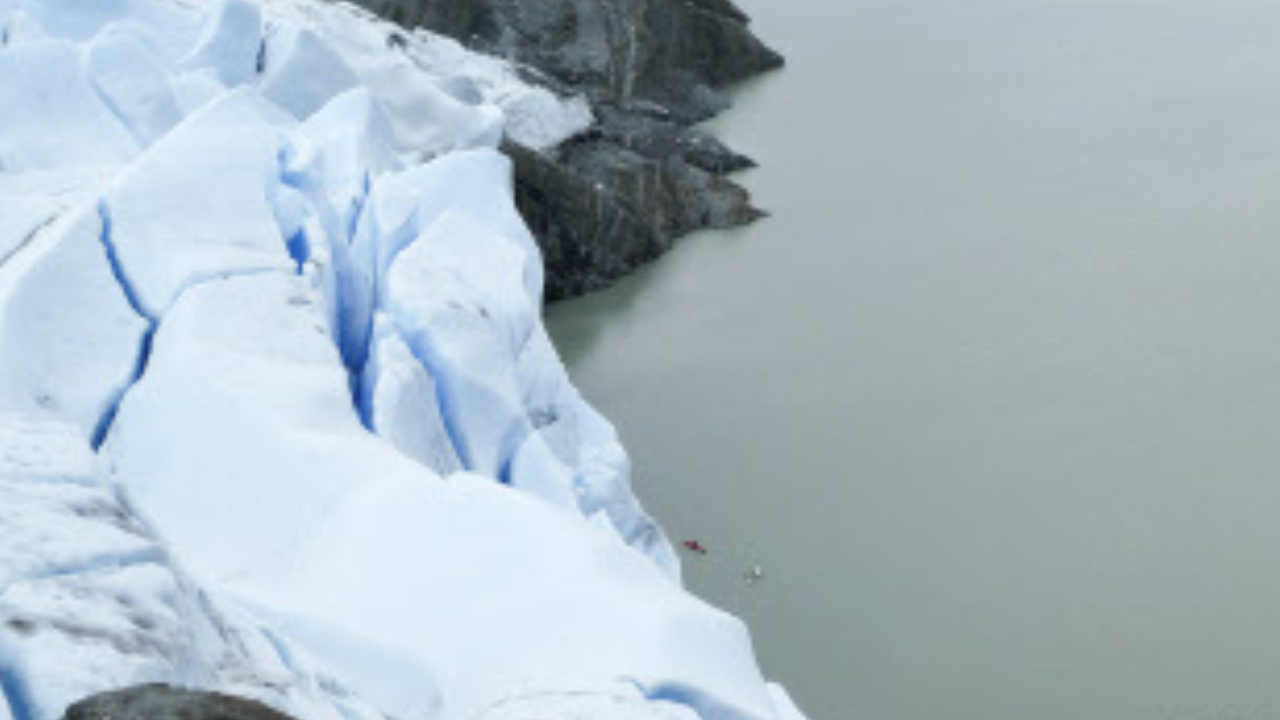
ALARMING CHANGES: 'ANTARCTICA IS BEHAVING IN A WAY WE'VE NEVER SEEN BEFORE'
Antarctica's iconic landscape is undergoing alarming changes, with sea ice levels reaching record lows, raising concerns about the future of this crucial ecosystem. Researchers are witnessing unprecedented shifts in the Antarctic's sea ice patterns, with potential long-lasting impacts on global climate systems.
In recent years, the Antarctic sea ice has shown worrying trends. After reaching a record minimum in 2016, the ice levels have continued to plummet, hitting another all-time low in February 2023 with just 737,000 square miles of ice. This decline continued into the winter months, a period when ice usually rebounds. "We all thought that the minimum was as bad as it was going to get; it was 2023, not 2070," said Ariaan Purich, an Antarctic climate researcher at Monash University. "So when winter came, we were in disbelief."
As per a Live Science report, the reduction in sea ice not only affects local ecosystems, supporting species like penguins and krill, but also plays a significant role in global ocean circulation and carbon cycling. The sea ice acts as a reflective barrier during the summer, bouncing back the sun's rays and helping regulate the planet's temperature. Its loss could accelerate global warming due to a decrease in this albedo effect.
Further complicating matters, researchers have observed that the Southern Ocean, which surrounds Antarctica, has been warming at depths that could destabilize the ice further. This warming has been persistent and is likely shifting the Antarctic climate into a new, less stable state.
The potential consequences of diminished sea ice extend far beyond Antarctica. The decline could disrupt major ocean currents, including the Atlantic meridional overturning circulation, which influences climate across the Northern Hemisphere. Additionally, the loss of ice could lead to faster disintegration of Antarctic ice shelves, accelerating sea level rise.
Scientists like Martin Siegert, a glaciologist, emphasize the urgency of addressing these changes. "If we start losing sea ice annually and the same process occurs in the Antarctic as it does in the Arctic, then the Antarctic will warm at an accelerated rate. It will be a disaster for the planet," Siegert explained.
Despite these grim forecasts, experts remain hopeful that reversing global CO2 emissions can mitigate some of the worst impacts. "The only way forward is to decarbonize, and decarbonizing as soon as possible means we’ll not see the worst possible outcomes," Siegert concluded.